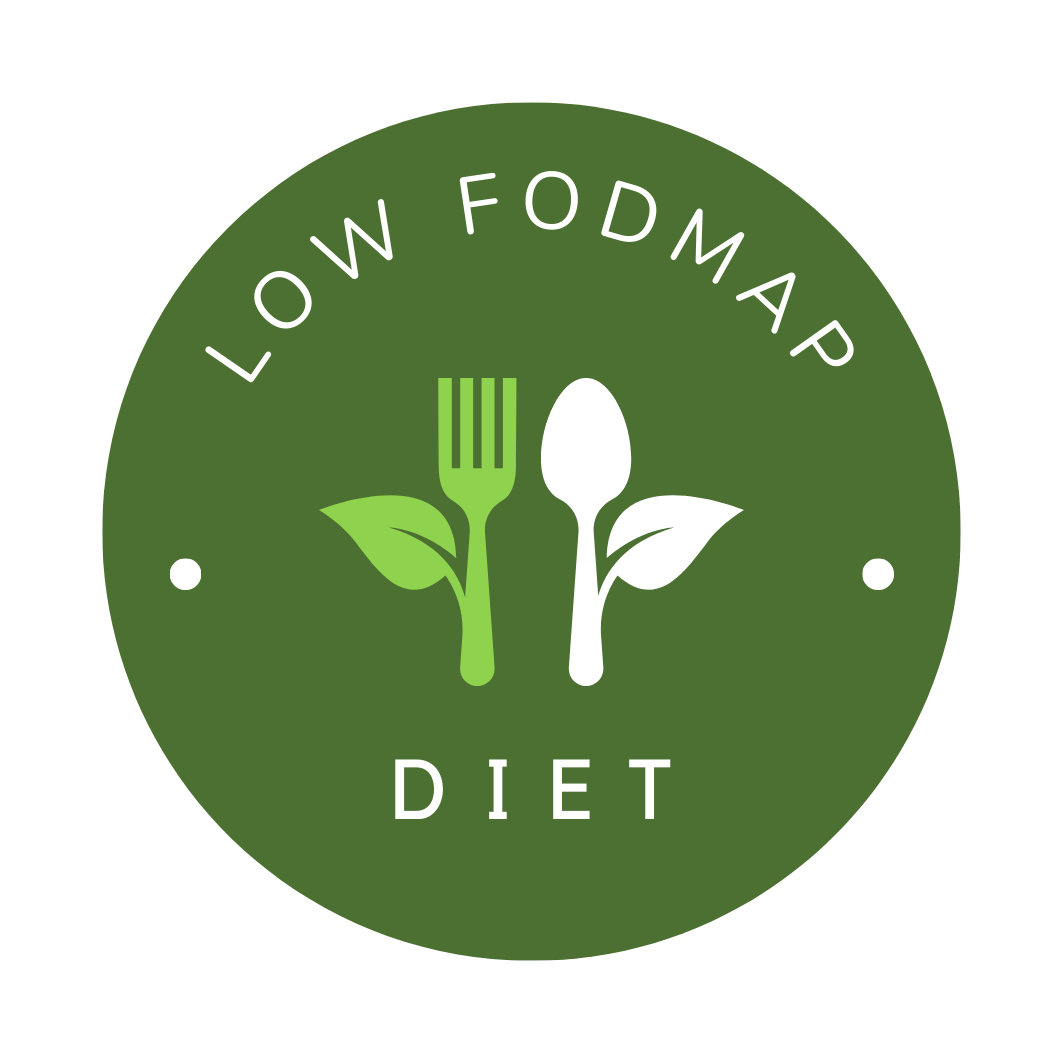What is IBS?

Symptoms of IBS can vary widely from person to person, and may include abdominal pain, bloating, diarrhea, constipation, or a combination of these symptoms. IBS can also be accompanied by other symptoms such as fatigue, headaches, and difficulty sleeping.
The diagnosis of IBS is typically made based on the presence of specific symptoms and the absence of other underlying conditions that could be causing the symptoms. According to the Mayo Clinic, the diagnosis is often made based on the Rome IV criteria, which includes the presence of abdominal pain or discomfort at least one day per week in the last three months, and the presence of two or more of the following: improvement with defecation, onset associated with a change in the frequency of stool, or onset associated with a change in the appearance of stool. (https://www.mayoclinic.org/diseases-conditions/irritable-bowel-syndrome/symptoms-causes/syc-20360016). Please consult your physician to discuss IBS and your unique needs.
There is no cure for IBS, and treatment is typically focused on managing symptoms. This may include lifestyle changes such as stress management techniques, exercise, and dietary modifications, as well as the use of medications to manage abdominal pain, diarrhea, and constipation.
One dietary approach that may be helpful in managing IBS symptoms is the low FODMAP diet. FODMAP stands for Fermentable Oligosaccharides, Disaccharides, Monosaccharides, and Polyols, which are short-chain carbohydrates that are poorly absorbed in the small intestine. When these carbohydrates are not properly absorbed, they can cause digestive symptoms such as bloating, gas, abdominal pain, diarrhea, and constipation. The low FODMAP diet involves eliminating high FODMAP foods from the diet for a period of time, followed by a gradual reintroduction of these foods to determine which ones trigger symptoms.
A systematic review and meta-analysis published in the Journal of Gastroenterology and Hepatology found that the low FODMAP diet was effective in reducing abdominal pain, bloating, and bowel movement frequency in individuals with IBS (https://www.ncbi.nlm.nih.gov/pmc/articles/PMC4257272/). However, it is important to note that the low FODMAP diet is not a one-size-fits-all approach, and individuals with IBS may have different responses to different FODMAPs. The low FODMAP diet is one dietary approach that may be helpful in reducing symptoms, but it is important to work with a registered dietitian or healthcare professional to determine which foods may trigger symptoms and to ensure that all nutrient needs are being met.
In addition to dietary modifications, other lifestyle changes that may be helpful in managing IBS symptoms include stress management techniques such as relaxation techniques or cognitive-behavioral therapy, and regular exercise. Medications may also be used to manage abdominal pain, diarrhea, and constipation.
IBS is a common digestive disorder that affects approximately 10-15% of the population worldwide. It is characterized by abdominal pain, bloating, and changes in bowel movements, and is thought to be related to a combination of genetics, diet, and stress. There is no cure for IBS, and treatment is typically focused on managing symptoms through lifestyle changes, dietary modifications, and medications.
